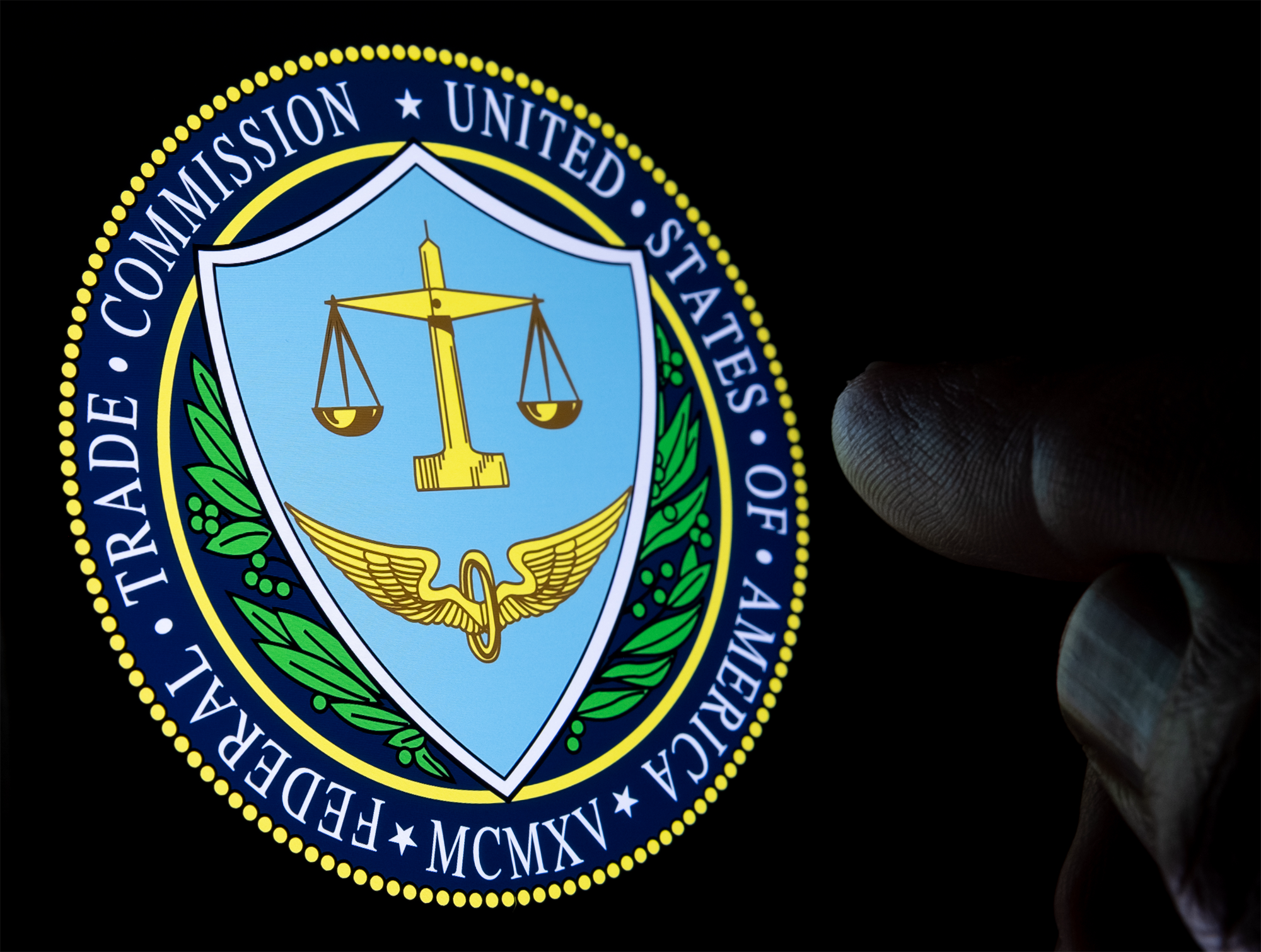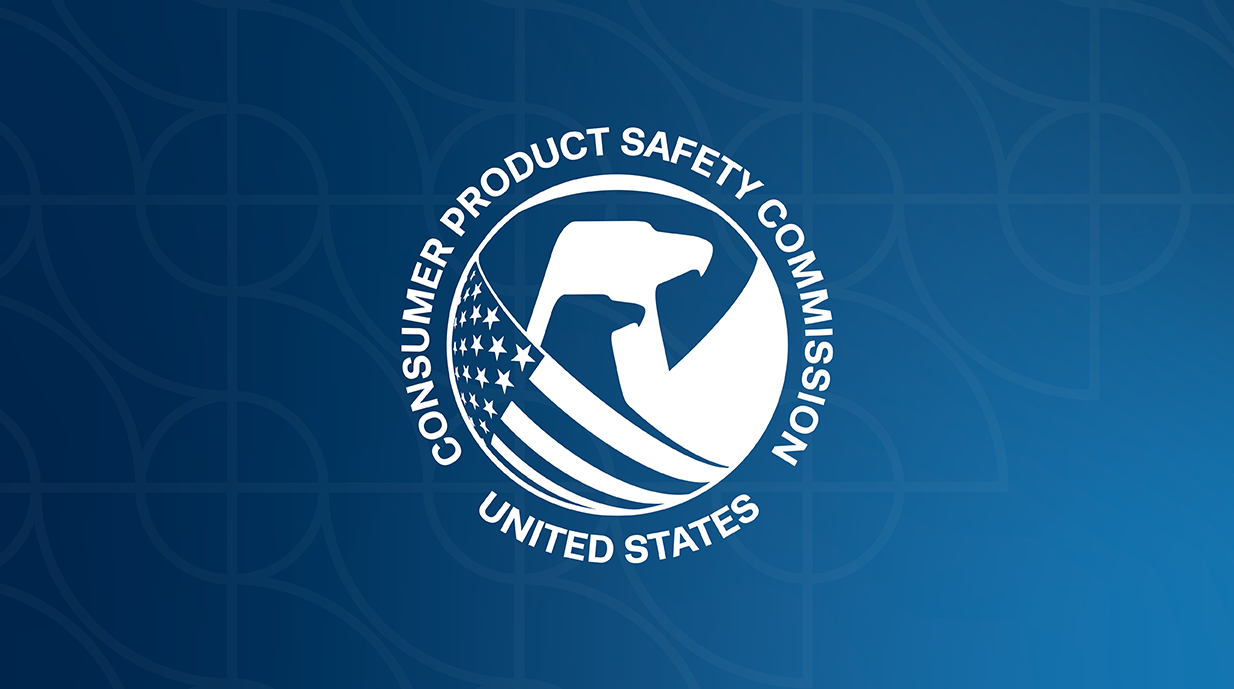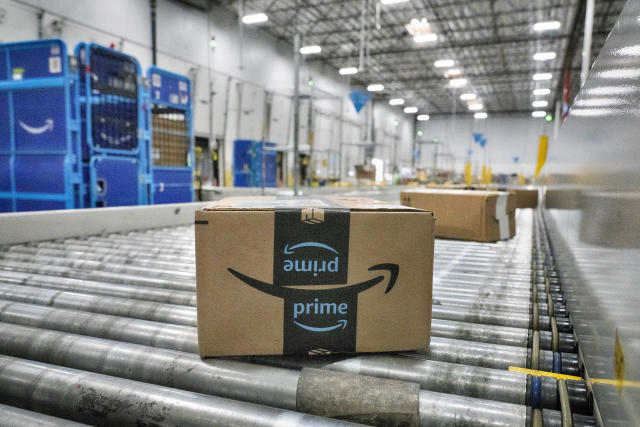
FTC Highlights Lack of User Control Over Data Used by AI on Social Media
Government & Policy
Zaker Adham
20 September 2024
31 July 2024
|
Zaker Adham
Summary
Summary
Amazon Must Recall Unsafe Products from Third-Party Sellers, Says CPSC
The US Consumer Product Safety Commission (CPSC) has ruled that Amazon is responsible for recalling hazardous or defective products sold by third-party vendors on its platform. The decision, which applies to over 400,000 items sold through the Fulfilled by Amazon program, marks a significant step in holding the e-commerce giant accountable for consumer safety.
Details of the CPSC Ruling
The CPSC's unanimous decision determined that the identified products represent a "substantial product hazard." As part of the ruling, Amazon is required to notify customers about the faulty items and encourage them to return or destroy the products. The commission criticized Amazon for failing to adequately inform buyers of these risks and for not taking sufficient action to mitigate the dangers.

Background of the Investigation
This ruling follows a lengthy investigation that began in July 2021 when the CPSC sued Amazon. The case focused on several dangerous products, including malfunctioning carbon monoxide detectors, hair dryers lacking electrocution safeguards, and children’s sleepwear that failed to meet federal flammability standards. The CPSC's decision mandates that Amazon develop a comprehensive plan to address these issues and ensure the faulty products are no longer in circulation.

Amazon's Response and Industry Implications
Amazon has yet to comment on the CPSC’s ruling. This decision follows similar actions by the Department of Justice (DoJ) against eBay. In recent months, the DoJ sued eBay for selling environmentally unsafe materials and reached a $59 million settlement with the company over the sale of pill press machines.
The Road Ahead
Moving forward, Amazon must submit detailed plans to the CPSC on how it will handle the recall process. This includes notifying customers and ensuring the hazardous products are returned or destroyed. The outcome of this ruling could set a precedent for how online retailers manage third-party products, potentially leading to stricter safety standards and more rigorous oversight.
Conclusion
The CPSC's decision to hold Amazon accountable for third-party sales highlights the growing need for consumer protection in the digital marketplace. As this situation develops, it will be crucial to see how Amazon and other online retailers adapt to ensure the safety of their customers.

Government & Policy
Zaker Adham
20 September 2024

Government & Policy
Zaker Adham
10 September 2024

Government & Policy
Zaker Adham
03 September 2024

Government & Policy
Paikan Begzad
19 August 2024